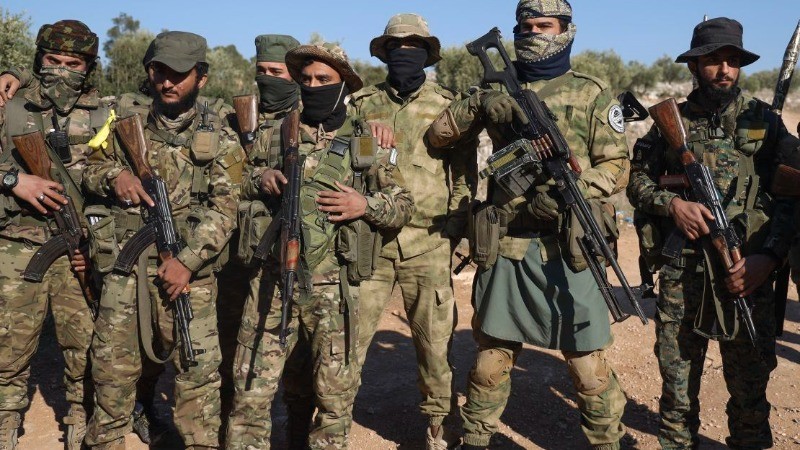
The Syrian Civil War has witnessed a sudden resurgence, with rebel forces launching a significant offensive in Aleppo, Syria's former commercial capital. This development poses the most considerable challenge to President Bashar al-Assad’s regime in years and reignites fears of instability in the region. Though Syria's prolonged conflict had faded from global attention, these new events underscore the war's enduring impact on millions of civilians.
Why Aleppo Is Crucial
Aleppo, Syria's largest city before the war, housed 2.3 million people. It became a battleground in 2012 when rebels captured its eastern part, transforming it into a key opposition stronghold. However, Assad's forces, backed by Russian airstrikes, reclaimed Aleppo in 2016 after a devastating siege. This victory marked a pivotal moment in Assad's consolidation of power.
The new rebel offensive threatens to destabilize Aleppo again, targeting areas around the city and advancing toward its outskirts. A successful campaign could undermine Assad's authority and lead to renewed urban warfare.
The Rebel offensive is led by Hayat Tahrir al-Sham (HTS), a faction previously affiliated with al-Qaida, now attempting to rebrand itself as a governance-focused group. Despite these efforts, HTS is still designated as a terrorist organization by the United States and the United Nations. Joined by Turkish-backed factions, HTS aims to counter Assad's forces and prevent ongoing airstrikes on civilian zones.
The rebels have captured key villages, highways, and military bases in Aleppo province, focusing on cutting off vital supply lines for the regime. Lt. Col. Hassan Abdulghany, a rebel commander, emphasized the operation's goal of defending civilians and reclaiming occupied territories.
Assad's Counterattack: The Assad regime, reinforced by Russian airpower, has mounted a robust defense against the rebels. Government forces claim to have inflicted heavy casualties, with escalating violence severely affecting civilians. Reports from groups like the White Helmets highlight widespread devastation.
Iran, a critical ally of Assad, has also suffered losses, including a senior Revolutionary Guards commander. Both Iran and Russia remain essential to Assad’s control, providing personnel and military support since the conflict's inception.
The timing of this offensive adds complexity to the Middle East’s geopolitical landscape. Iran is engaged in multiple regional conflicts, including Gaza and Lebanon, while Israel continues to target Iranian assets in Syria. Turkey’s backing of rebel factions and its military presence in northern Syria further complicate the dynamics.
Russia, preoccupied with its war in Ukraine, may find it challenging to offer full support to Assad, creating vulnerabilities for his regime. Additionally, approximately 7,000 families have been displaced, intensifying Syria's humanitarian crisis.
Potential Impact on Assad's Regime
Assad's control over Syria, reliant on Russian and Iranian support, faces a critical test. The rebel offensive could weaken his grip and create opportunities for extremist groups like ISIS to re-emerge. This instability might draw regional powers, including Turkey and Israel, deeper into the conflict.
Furthermore, renewed violence could exacerbate Syria's humanitarian disaster. With over 6.8 million displaced Syrians and nearly 500,000 fatalities, the conflict has strained neighboring countries and fueled anti-immigrant sentiments in Europe.
The battle for Aleppo signifies a turning point in Syria's ongoing conflict. If Assad's forces falter, the region’s power dynamics could shift significantly. Experts, such as Charles Lister of the Middle East Institute, warn that the outcome of this offensive might redefine control over Syria's territories. Former U.S. Ambassador Robert Ford cautions that escalating tensions could bring major powers into direct confrontation, further complicating the situation.
As Aleppo becomes a focal point once again, Syria’s fate hangs in the balance. The global community must pay attention to this crisis, as the repercussions could shape the future of the Middle East for years to come.